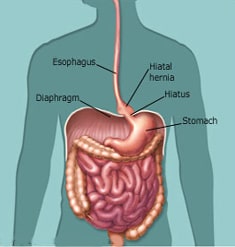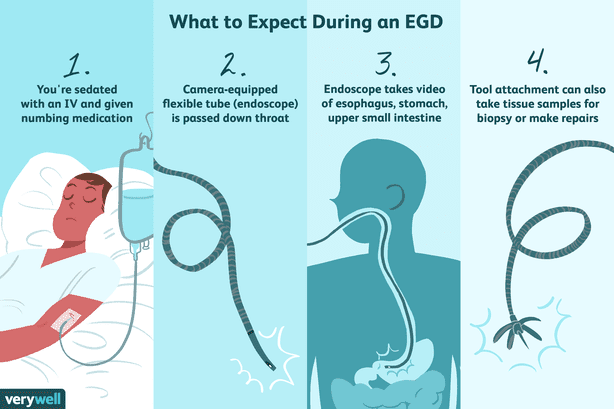Before bariatric surgery, most surgeons will require their patients have an upper endoscopy with a gastroenterologist to review the anatomy of their stomach and esophagus. Before bariatric surgery, a gastroenterology appointment is necessary to minimize the risk of surgery. A gastroenterology consultation evaluates your esophagus and your stomach. In particular, we look for three things to understand how to address them and lower your risk of complications from surgery.
Purpose of the Gastroenterology Appointment
1. Signs of abnormalities in the mucosa of your esophagus
Mucosa is moist tissue that lines parts of the body, including your nose, esophagus, mouth, and stomach. Patients who experience chronic reflux (GERD), infections, or trauma from taking medications are more at risk of developing cancers in the esophagus. Although these changes (reflux, infections, and medications), do not directly cause cancer, they result in a reactive change in the lining of the esophagus that increases the risk of developing cancer.
During the gastroscopy, we will look for any signs of reactive changes in the mucosa (lining of the esophagus) that could lead to cancer.
2. Appearance of a hiatal hernia
A hiatal hernia occurs when part of the stomach slips into the chest through a hole in the diaphragm called the hiatus. When this occurs, the stomach is placed in an unnatural position, causing a variety of problems from reflux (heartburn), to chest pain, and vomiting. During the gastroenterology appointment, we are looking for any signs of a hiatal hernia that might need to be repaired prior to bariatric surgery.
 Hiatal hernia development is due to weakened muscle tissue that allows the stomach to bulge up through your diaphragm. Patients who carry around excess weight experience an increase in intra-abdominal pressure. Yet, aside from weight gain being one of the most common reasons people develop a hiatal hernia, heavy lifting and genetics can also play a role in the development.
Hiatal hernia development is due to weakened muscle tissue that allows the stomach to bulge up through your diaphragm. Patients who carry around excess weight experience an increase in intra-abdominal pressure. Yet, aside from weight gain being one of the most common reasons people develop a hiatal hernia, heavy lifting and genetics can also play a role in the development.
Similarly, patients who experience weight regain after bariatric surgery can have the recurrence or even initial development of a hiatal hernia. The development of a hiatal hernia after bariatric surgery will act the same way—causing reflux, chest pain, and in some cases, vomiting.
3. Signs of H-Pylori bacteria in the stomach
Helicobacter pylori (H. pylori) infection occurs in the stomach and increases the chances of ulcerative formation after bariatric surgery. The prevalence of H-Pylori bacteria in the stomach is not deadly, but can lead to some uncomfortable symptoms such as aches or burning sensations in the abdomen, nausea, vomiting, loss of appetite, reflux, and bloating.
Nearly 25% of pre-op bariatric patients have H-Pylori present in the gut and therefore this is something we are sure to look for specifically. We want to decrease a patient’s chances of discomfort and complications after surgery, and this includes reducing their risk of developing ulcers post-operatively.
What to Expect at the First Gastroenterology Appointment
In general, the process for your gastroenterology appointment typically involves a thorough review of your medical history. Then, the gastroenterologist will perform an EGD.
An EGD (esophagogastroduodenoscopy) is an endoscopic procedure that allows your doctor to examine your esophagus, stomach, and duodenum. You will undergo some mild anesthesia prior to the procedure but you will be able to go home later that day, but you will need someone to drive you home after. The process should only take 30 to 60 minutes.
You should receive your results back within a week and the gastroenterologist will hopefully give you clearance to move forward with your bariatric procedure.
Sometimes, depending on your age and health history, we find that patients have other issues such as colon bleeding or stomach issues that may subsequently require a colonoscopy. We have been unfortunate to have seen patients who have had esophageal, stomach, or colon cancer. Still, with these appointments, we can treat these cancers early enough that the patient could navigate these with minimum side effects and with the best outcomes for their health.
Conclusion
A gastroenterology appointment is crucial to the process of bariatric surgery. Going into your first appointment, there is nothing to be afraid of. Make an appointment with a a bariatric specialist to talk more about the gastroenterology process or to get started on your weight loss surgery journey.

